Retinol is the most used ingredient for anti-aging skin and sun protection. Dermatologist Hadley King confirmed this assumption, saying, “Beyond sun protection, retinoids are the most proven topical option for anti-aging.” Retinol offers various benefits aside from anti-aging and sun protection, and because of this, it’s often misused.
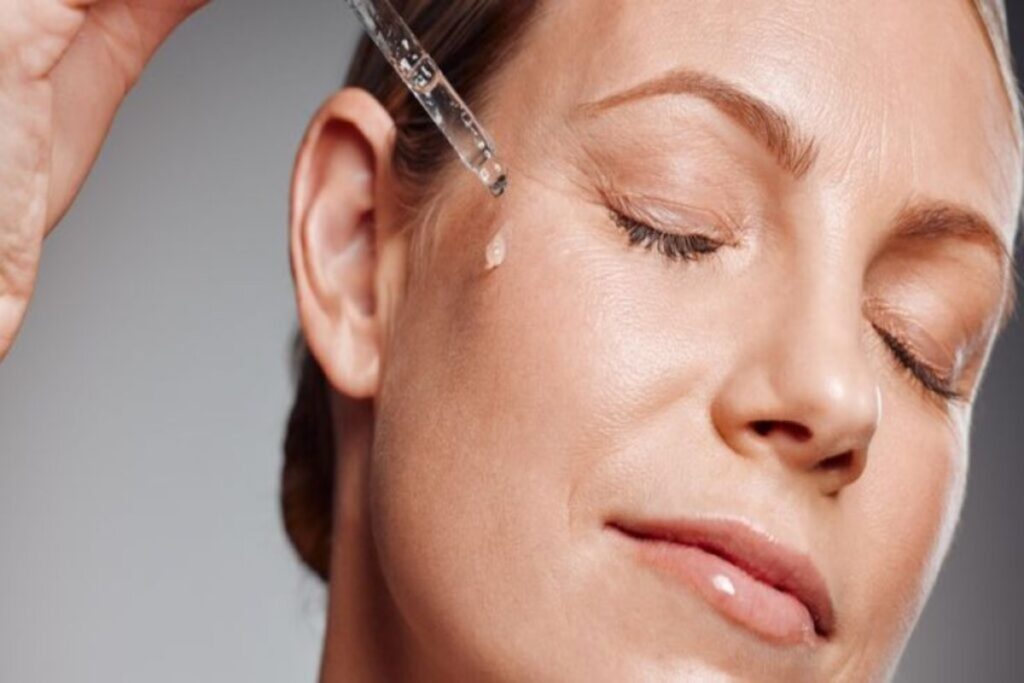
Furthermore, there’s been a lot of confusion around the various names of the ingredients. So, to provide clarity, we’ve decided to explain the benefits and side effects of retinol in this article. We’ve also taken the time to share the difference between retinol and retinoids.
ALSO READ: Dazzling Older Women on Instagram and TikTok Share Their Easy Hacks for a Radiant Skin
Difference Between Retinol and Retinoids
Retinoid is a term used to classify retinol, retinoic acid, and retinal. According to Dr. Ruth Joberth, retinoic acid is usually added to products for sun protection and anti-aging. Retinal, retinol, and retin-A differ from retinoid acid in terms of conversion. Retinoids are available in other forms, like tretinoin.
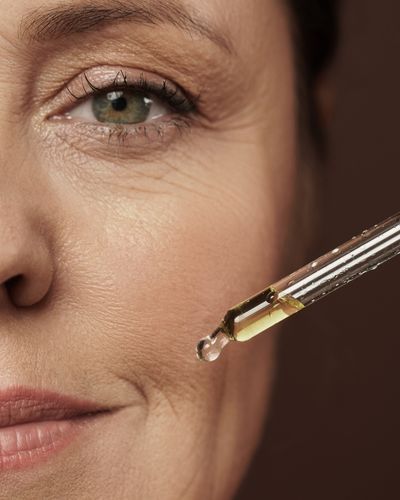
Tretinoin is a medication gel made from retinoids. It is more concentrated and stronger than any product made from retinol. Furthermore, it can only be used by prescription. Tretinoin is usually used to treat acne, dark spots, and sun-damaged skin. The brand name for this gel is Retin-A. According to Dr. Joberth, retinal only goes through one conversion process—retinal to retinoic acid. On the other hand, retinol is a form of vitamin A obtained from retinoids. Retinol is only functional when converted into retinal and then retinoic acid. Retinol is usually sold over the counter.
Types of Retinoids Available
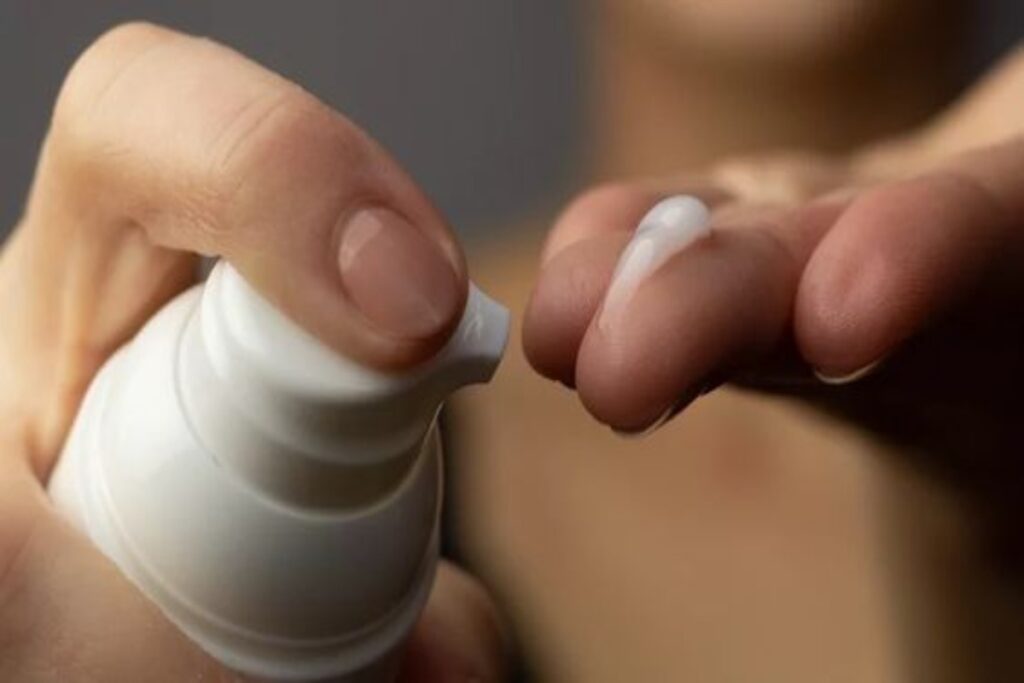
Retinal
This works faster than retinol, but it is less irritating. To see the effect of retinal, it has to be used consistently for several weeks. Before the retinal can be applied to the skin, it has to be converted into retinoic acid.
POLL—Do You Support a Single-Payer Healthcare System (Medicare for All)?
Retinyl Palmitate
Majorly for skins that are very sensitive to retinol or other types of retinoids. It can be used by all skin types. However, it is less effective than other types of retinoids. But it’s best if you’re looking for something to use continuously.
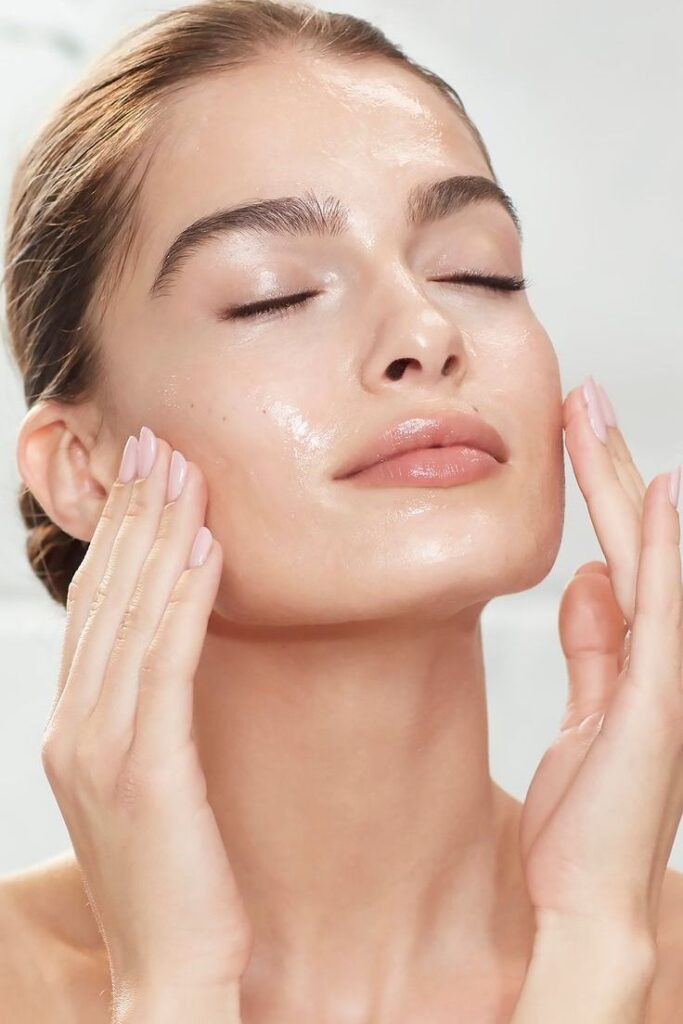
Retinoic Acid
This is only available via prescription. Before applying retinoic acid to your skin, you’ll need to get a prescription. This ingredient comes in various forms, like tretinoin. Retinoic acid is more effective than other forms of retinoids. It doesn’t need to be converted before being used on the skin.
Retinol
For retinol to be used on the skin, it has to be converted into retinal and then retinoic acid. Retinol is usually used in skincare products that are sold over the counter. To see the effect of retinol on the skin, you should try using it daily.
Side Effects and Benefits of Retinol and Retinoid
One of the benefits of using retinol and retinoids is that they can treat acne, wrinkles, hyperpigmentation, Psoriasis, and fine minds. Also, since they both require fewer to no conversions, they’ll work faster on the skin. However, they have side effects. Retinol and retinoids can cause scaling, redness, and flaking of the skin. They can also lead to a burning or stinging sensation on the skin. However, dermatologist King says that these symptoms leave after a month.
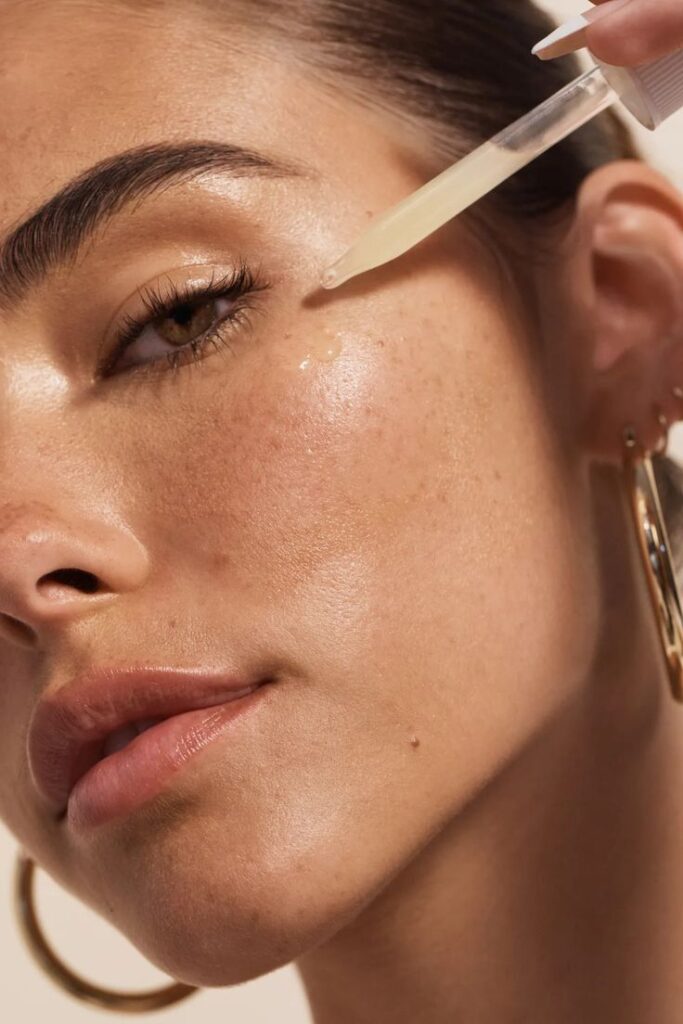
Furthermore, some people’s skin becomes temporarily worse after they start using retinol. According to Dr. Jobarteh, retinol brings out all the acne you were meant to experience before cleaning your pores, which is why the skin sometimes becomes rough.
WATCH: Customers Condemn $21 Subway Sandwich Amid California Minimum Wage Hike
When To Use Retinol and Retinoids
If you want to clear your acne, Dr. Jobarteh advises that you use retinoids. Studies have proven them to be more effective than retinol. For fine lines or hyperpigmentation, Dr. Jobarteh says that over-the-counter retinol is the best option.

Furthermore, if your skin can handle prescribed retinoid or other retinoic acid, it’s best to try over-the-counter retinol. If your skin can tolerate products sold over the counter, dermatologist King advises that you go for retinaldehyde. However, if your skin is sensitive, settle for retinol or retinyl palmitate. Additionally, Dr. Jobarteh says that prescribed retinoids can be used to treat Psoriasis. However, generally, retinoids aren’t usually the first solution that comes to mind.
You Might Also Like:
California Mom Vows to Confront Sons’ Killer in Prison
Adam Kinzinger Slams Republicans’ Support of Lilly Gaddis After Getting Fired
Trish Goff’s Son Nyima Ward Dies at 27
Gabourey Sidibe and Brandon Frankel Welcome Fraternal Twins
Oklahoma Supreme Court Strikes Down State Education Board’s Authority Over Public School Libraries
